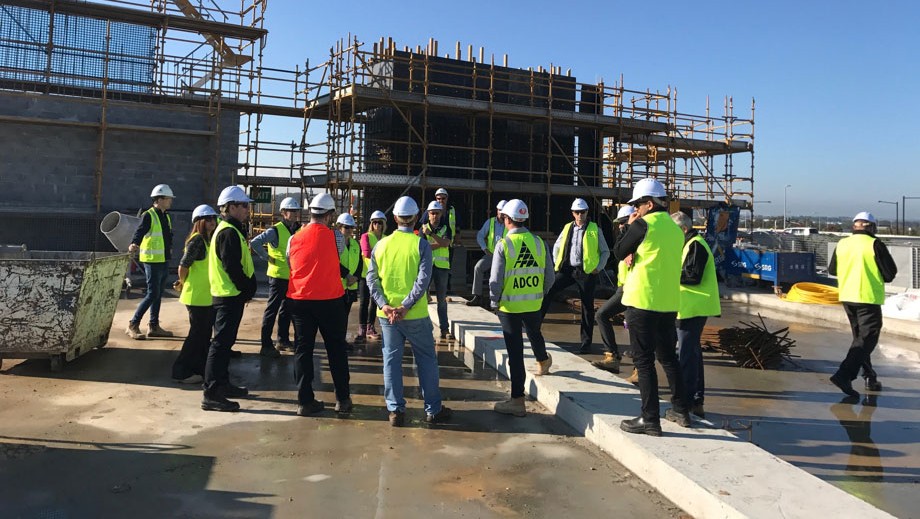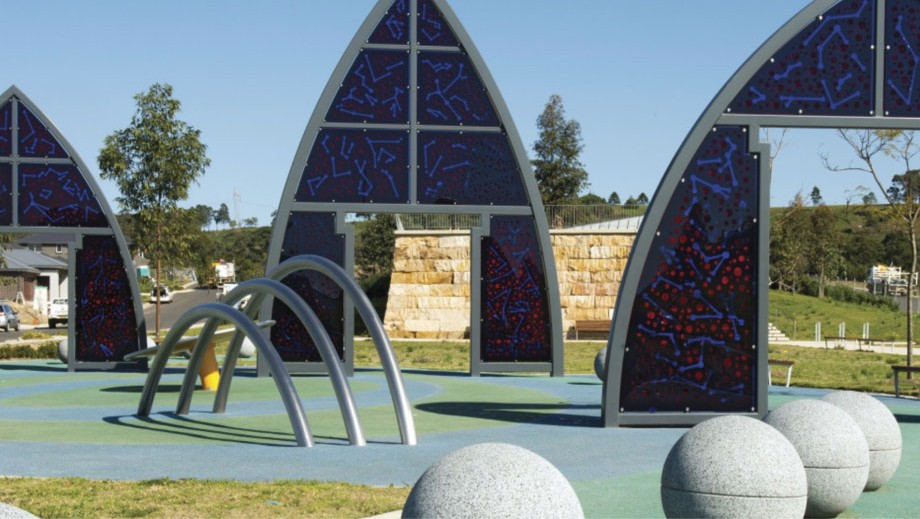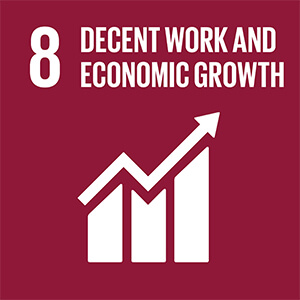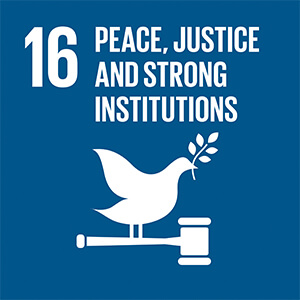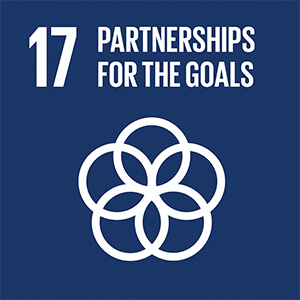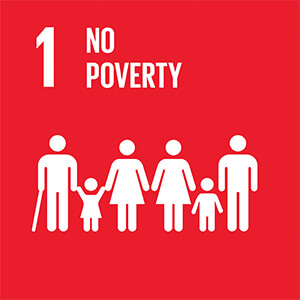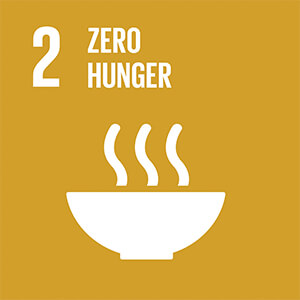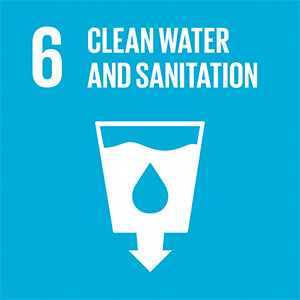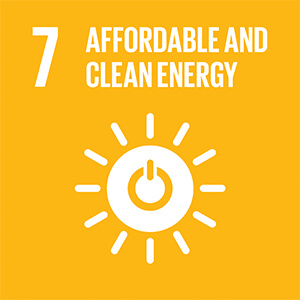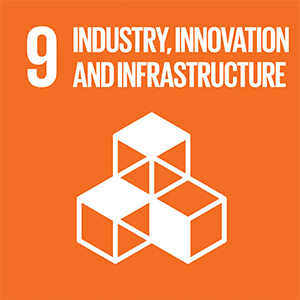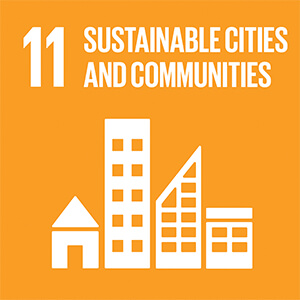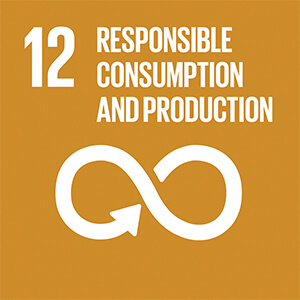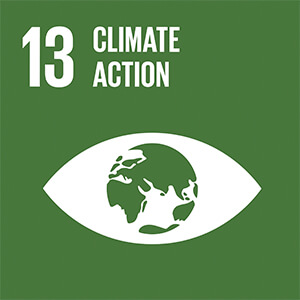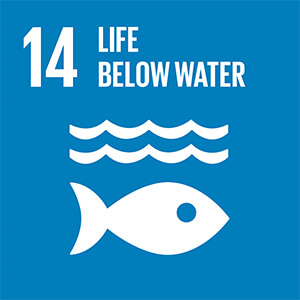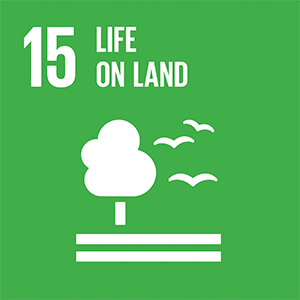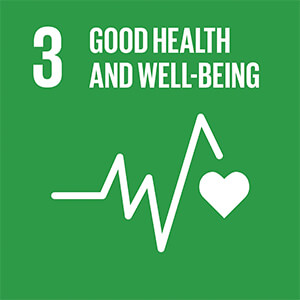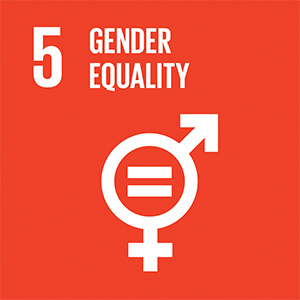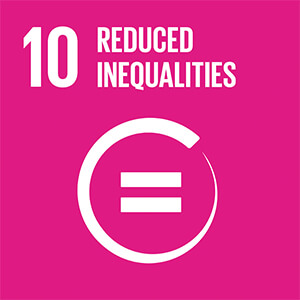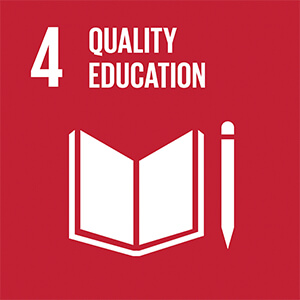Accountable &
Collaborative Places
Accountable & Collaborative is our governance principle.
Our Leadership Goal is to deliver accountability and performance along our value chain.
To advance our business approach to delivering productive cities, our current and short term priorities are outline below. Future targerts and measures will be adopted over time, where appropriate.
Accountability
- Participate in Global Real Estate Sustainability Benchmarking to independently verify our sustainability performance.
- Continue to report sustainability performance in line with Global Reporting Initiative Guidelines.
- Develop an approach to Human Rights with consideration for Modern Slavery.
Supply Chain Collaboration
- Seek to broaden our approach to include industry partnerships in support of reducing instances of social issues that impact the development and construction industry (e.g. suicide).
- Work with industry to upskill the supply chain on sustainability issues (e.g. through partnership with Supply Chain Sustainability School).
Relevant SDGs
Accountable & Collaborative Places Pillar Overview
Landcom’s Accountable & Collaborative Places pillar is focused on a leadership goal to ‘drive accountability and performance along our value chain’. This leadership goal was developed to reflect Landcom’s commitment to robust governance collaboration within our organisation and supply chain.
Accountability means creating a system with a level playing field in which decisions are made for the betterment and benefit of all stakeholders. Performance means seeking ever greater improvements in efficiency and outcomes. Our value chain refers to all organisations that we deal with in our operations. By championing better ways to approach business we seek to lead the industry in trust, transparency, governance and efficient outcomes.
Landcom addresses accountability and collaboration through the following focus areas:
- Accountability
- Supply Chain
Both of these focus areas includes a suite of priorities or actions to measure our success. While this pillar includes individual priorities for achievement, it also has a broad governance reach across Landcom’s entire Sustainable Places Strategy.
Management Approach
Landcom is committed to supporting international agreements, protocols and targets to ensure our planet and communities thrive into the future. Urban development and the property sector make a material contribution to global emissions, the quality of life experienced by citizens and the resilience of our built and natural environments.
Therefore, Landcom believes it is critical to align with, and report our contribution towards the United Nations Global Compact, Sustainable Development Goals, Resilient Sydney Strategic Directions and COP21 Paris Agreement.
In FY19 Landcom placed a high focus on advancing our review of our human rights risks and opportunities across corporate and development operations. The recent introduction of federal modern slavery legislation, and growing stakeholder awareness of corporate social responsibility for human rights, has led organisations such as ours to seek a detailed understanding of potential human rights impacts within our operations or supply chain. In seeking to understand Landcom’s relationship to human rights we:
- mapped Landcom’s stakeholder activities and relationships
- completed a desktop review and internal stakeholder engagement interviews to identify relevant human rights risks and issues
- prioritised and consolidated the human rights risks and issues based on saliency and Landcom’s potential to influence, mitigate or remediate the risk or issue
- validated identified risks with key Landcom internal stakeholders.
Human rights issues most relevant to Landcom were identified across five enduring rights, including labour, civil and political, culture and heritage, security and privacy, land and environment. Within these, our three priority areas to focus will include modern slavery, workplace diversity and inclusion, and workplace health and wellbeing.
We are already well underway in progressing our approach to modern slavery, diversity and inclusion. In FY20 we will formalise our method to address these rights and embed an appropriate management approach. To see our FY19 progress on modern slavery see Accountability Performance Results below.
|
|
||
|
United Nations Global Compact (UNGC) |
In February 2019 Landcom became a Participant of the United Nations Global Compact. We will report our Communication on Progress annually. |
||
|
Sustainable Development Goals |
Our Sustainable Places Strategy was directly informed by the Sustainable Development Goals (SDGs). We report our contribution to the SDGs annually. See Appendix B: Sustainable Development Goals Alignment. |
||
|
Paris Agreement COP21 |
Our environmental leadership goal is to ‘enable carbon neutral outcomes at communities by 2028’. See Greenhouse Gas Emissions Reduction and Urban Heat Island Reduction. |
||
|
Global Real Estate Sustainability Benchmark (GRESB) |
Landcom voluntarily participates in the Global Real Estate Sustainability Benchmark (GRESB) Developer Assessment. It evaluates the environmental, social and governance (ESG) performance of companies, organisations and fund managers that focus on development activities, rather than the management of standing investments. See Global Real Estate Sustainability Benchmark. |
||
|
NSW Government Resource Efficiency Policy |
We report our overall sustainability performance against the NSW Government Resource Efficiency Policy (GREP), which guides our approach to energy, water and waste efficiency in our corporate operations, and helps demonstrates Landcom’s alignment with the NSW State Government’s sustainability goals.44 For our FY19 performance against the GREP see Accountability Performance Results. 44 As outlined in NSW 2021: A Plan to Make NSW Number One which aims to drive resource efficiency by NSW Government agencies in three main areas — energy, water and waste — and to reduce harmful air emissions from government operations. |
||
|
Human Rights |
Landcom operates entirely within NSW, and as such benefits from high standards of governance and legislation Australia adopts regardinghuman rights. We are a Participant to the United Nations Global Compact (UNGC) and we support the ten principles of the Global Compact on human rights, labour, environment and anti-corruption. We focus on human rights areas we have the potential to influence, mitigate or remediate. This includes our identified focus areas of modern slavery, workplace diversity and inclusion, and workplace wellbeing. To see more on our management approach for Human Rights, see above. |
Landcom has two main interfaces with our supply chain, being our corporate procurement for goods and services, and development procurement for the design and delivery of our assets. We believe in partnering with industry organisations that share the same values and aspirations as Landcom.
We are committed to driving accountability and performance along our value chain. This means proactively engaging with our suppliers, particularly those we partner with to deliver our projects. As part of our management approach Landcom is a member of the Australian Supply Chain Sustainability School.
Launched in Australia in 2015, the School works to develop the sustainability skills and knowledge of those working in complex property and construction supply chains. Through self-assessment tools and free resources, it helps organisations of all sizes address issues such as modern slavery, sustainable procurement and materials innovation.
We embed requirements in civil and landscape works contracts for suppliers to become members of the Supply Chain School and participate in upskilling their own employees. This is also a mandatory requirement when we divest assets through our contracts of sale.
Performance Results
See below our performance results for each of the reporting areas within our Accountable & Collaborative Places Pillar.
Landcom’s Sustainable Places Strategy addresses Accountability. This focus area forms part of our Accountable & Collaborative Places pillar and is a representation of our commitment to robust governance and performance, both within our own organisation and in our supply chain.
Our Annual and Sustainability reporting continues to be an important part of how we transparently share our organisational performance with our stakeholders.
Sustainable Development Goals
Landcom reports our alignment and contribution to achieving the Sustainable Development Goals (SDGs).
Landcom’s Sustainable Places Strategy is aligned to all of the SDGs. Each year we will continue to track our progress against meeting the SDGs and their respective targets relevant to Landcom and our operations.
Sustainable Places Strategy Pillar SDGs
Sustainable Development Goals
Climate Resilient Places
Healthy & Inclusive Places
Productive Places
Accountable & Collaborative Places
To see our full alignment against the SDGs, and our targets and actions in FY19 to address them, refer to Appendix B: Sustainable Development Goals Alignment.
Global Real Estate Sustainability Benchmark
In FY19 Landcom participated in the Global Real Estate Sustainability Benchmark (GRESB) Developer Assessment. This was our third year participating in GRESB.
We achieved a score of 91/100, accompanied by a Green Star rating representative of Landcom’s performance within the top 20% of all participants. Overall our performance positions Landcom as third most sustainable developer in the Asia Pacific, and fourth globally, compared to other participants using the Developer reporting module.
Landcom continues to perform strongly for Management and Policy compared to our peer group. This is highly reflective of our efforts to maintain a high level of governance and probity over our operations.
The following table summarises our results and benchmarking.
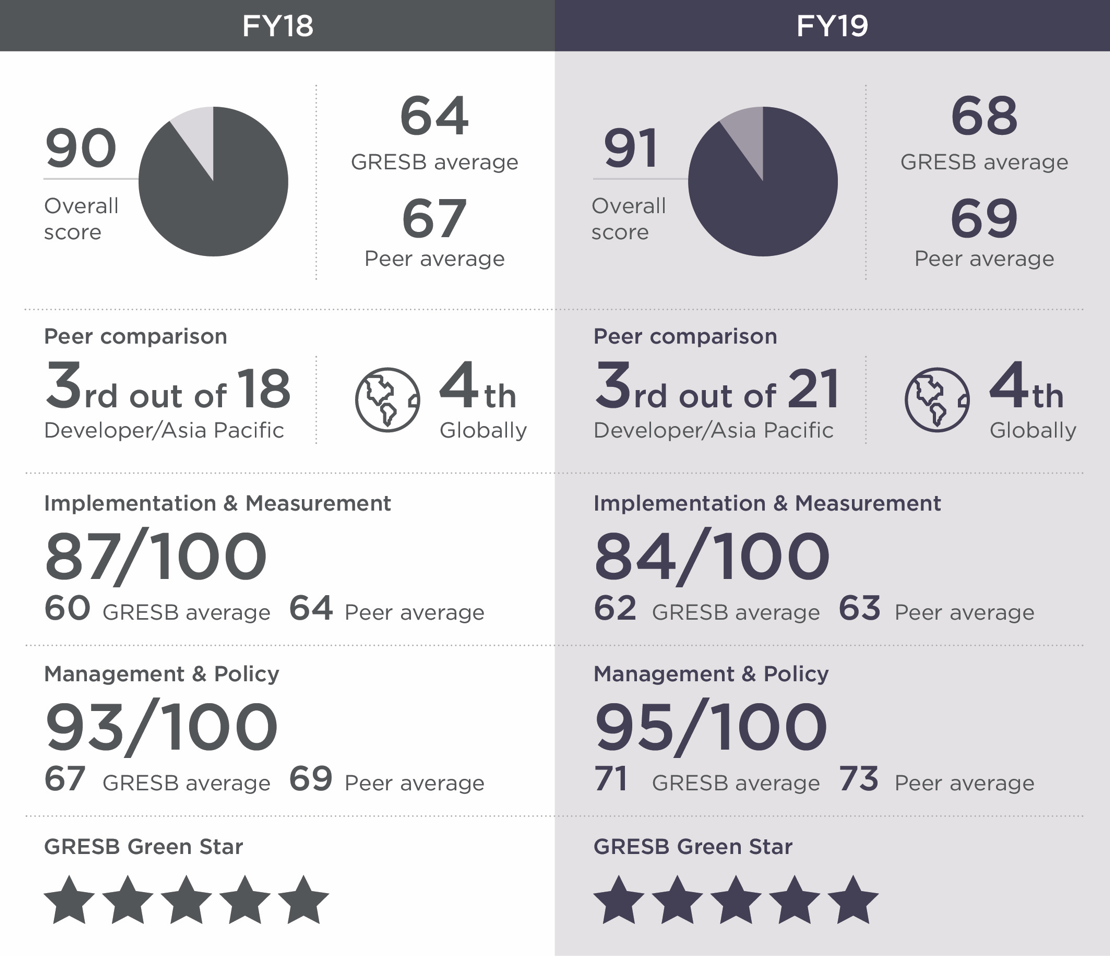
Modern Slavery
The Federal Modern Slavery Act commenced on 1 January 2019. The Act requires entities with an annual revenue of $100 million or more based or operating in Australia to prepare annual statements on potential modern slavery risks in their operations and supply chains and disclose the steps they have taken in addressing those risks. From FY20 Landcom will be a reporting entity under this Act.
In FY19 we became founding members of the Property Council of Australia Supplier Engagement Platform. This is an industry initiative by the top developers and construction firms in Australia taking a collaborative due diligence approach to our shared supply chain.
This will continue throughout FY20 as we progress a comprehensive strategy for managing modern slavery risks within our operations and supply chain.
Diversity & Inclusion
In FY19 Landcom continued to advance our workplace approach to diversity and inclusion. This included establishing an employee led Diversity & Inclusion working group, adopting an industry benchmarked Diversity & Inclusion Policy and establishing measurable targets for future performance reporting.
In FY20 we will seek to adopt the GRI Standards for reporting diversity and inclusion within Landcom, in conjunction with a new management approach.
NSW Government Resource Efficiency Policy (GREP)
Throughout the reporting period Landcom continued to voluntarily adopt the NSW Government Resource Efficiency Policy (GREP). The GREP helps the NSW Government to set an example in addressing the challenge of rising resource costs, and reducing impacts on our economy, environment and community.
The GREP guides Landcom’s approach to energy, water and waste efficiency in our corporate operations, and helps us align with the State Government’s sustainability goals.45 Key activities in the reporting year related to the GREP include:
- a total of 10.47 tonnes of Scope 1 CO2 emissions were recorded for the reporting year. Sources were one sales office (gas) and Landcom’s fleet vehicles (fuel combustion). Landcom had no biogenic emissions. We are currently in the process of offsetting our fleet vehicle emissions from FY18 and FY19 (combined c.25 tonnes CO2-e).
- Landcom had no Scope 2 emissions, as the 142,381kWh of electricity used to power our office was 100% Green Power.
- maintained our 6 Star NABERS Energy Rating for our Parramatta Office.
To date, Landcom has not set a baseline year for our Scope 1 or Scope 2 emissions as we have consistently purchased green power or offset all our emissions within operational control. We do adopt the National Greenhouse and Energy Reporting (NGER) Scheme global warming potential account factors. We also use the tool CCAP Integrated to capture and synthesise our data, which also follows the NGER Scheme protocols.
45 As outlined in NSW 2021: A plan to Make NSW Number One, which aims to drive resource efficiency by NSW Government agencies in three main areas — energy, water and waste — and also reduce harmful air emissions from government operations.
Landcom’s Sustainable Places Strategy addresses Supply Chain. This focus area forms part of our Accountable & Collaborative Places pillar and is a representation of our commitment to robust performance, both within our own organisation and in our supply chain.
Upskill Our Supply Chain
A key way Landcom drives the uptake of the Supply Chain School’s content with our suppliers is through contractual obligations.
In FY18 we began requiring contractors who work on projects, and developers who purchase land from us, to become members of the School. We are currently in the process of testing the successful uptake of this requirement, and will report on progress again in FY20. We are also exploring how to expand this requirement to major works contracts such as civil construction and landscaping.
In FY20 we will continue to explore opportunities for supplier engagement, and further embed the resources provided by the Supply Chain School into training modules for Landcom staff and our supply chain.

Civil works construction at the Oran Park Town community in Oran Park.
